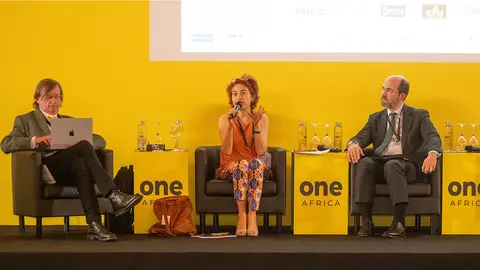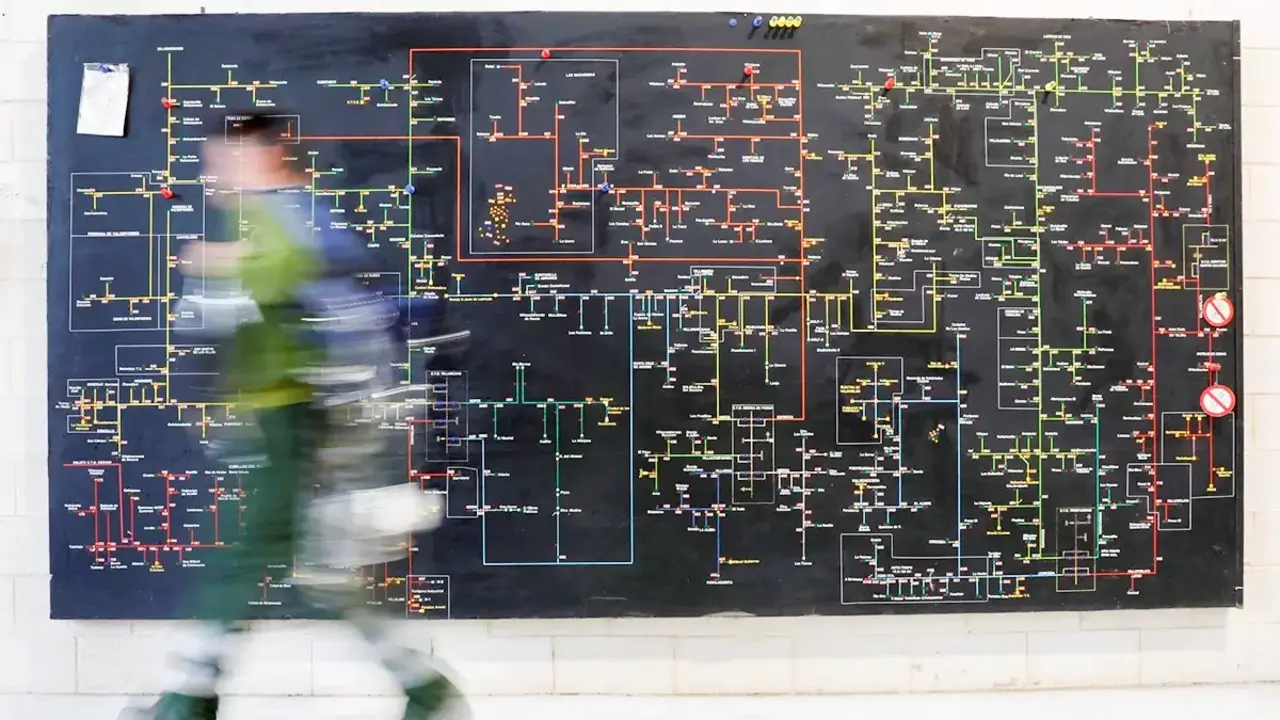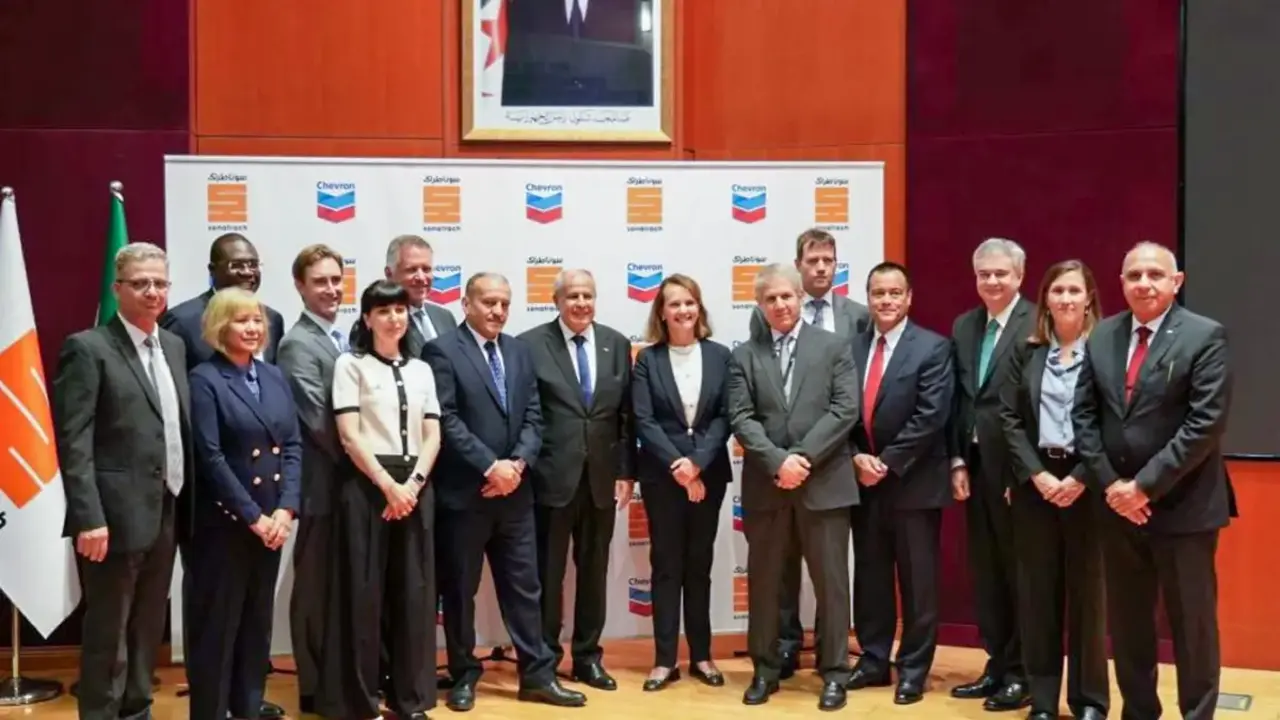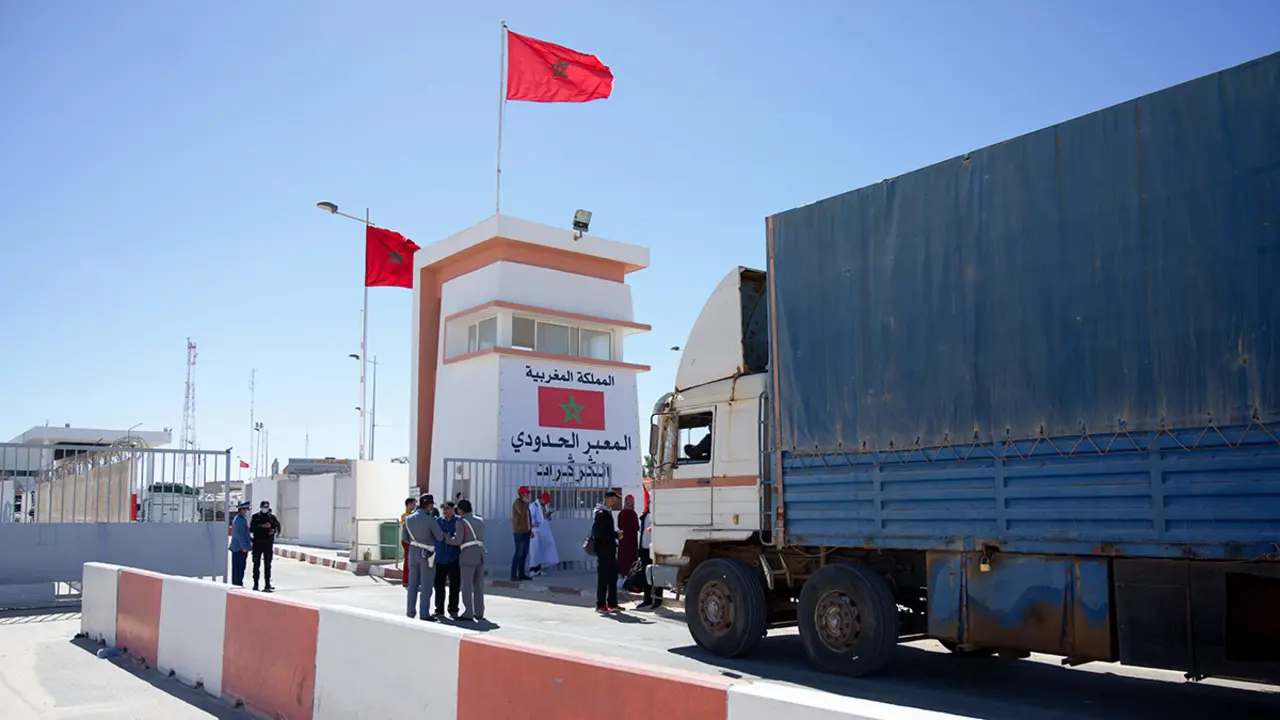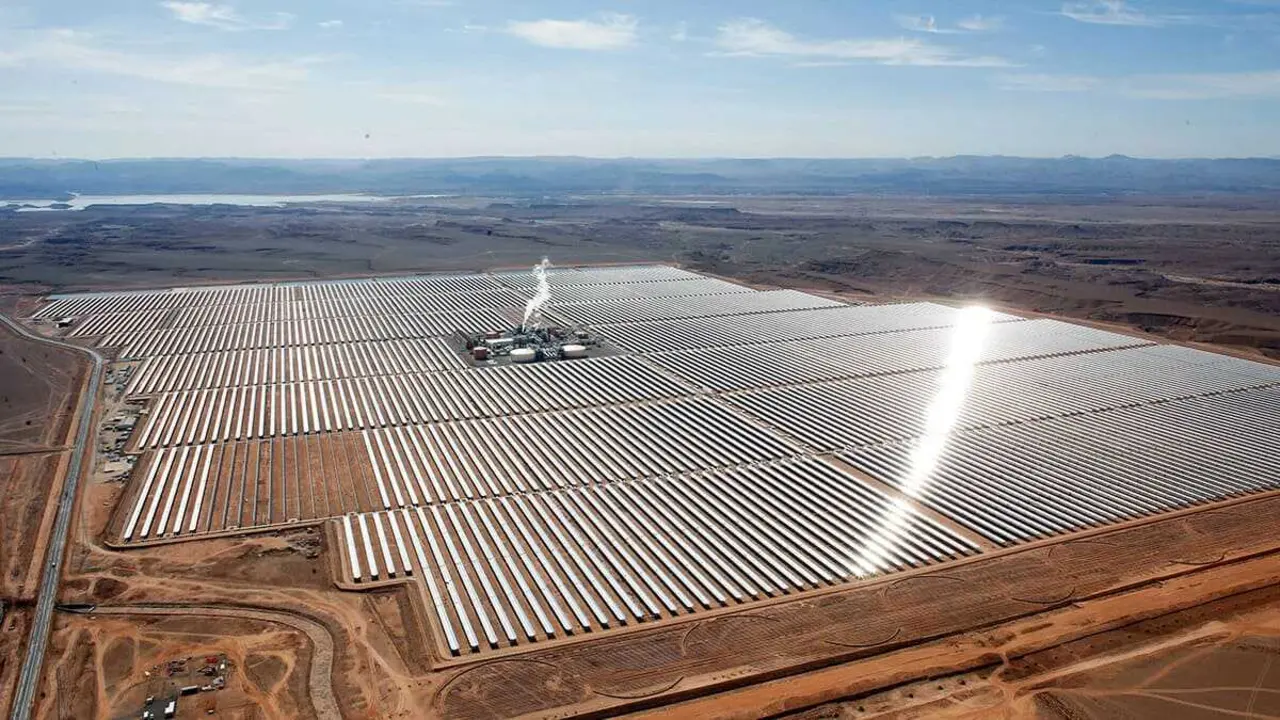Public-private collaboration, key to food security in Africa

Africa is not unaffected by the consequences of climate change and food security has become another of the great challenges facing the continent, which is why it is one of the issues addressed at the 1st Africa-Spain Cooperation Summit, which is being held until 8 July in Madrid, organised by One Africa Forums. A challenge that needs public-private cooperation to be met.
Africa has more than 50% of the world's arable land and must take advantage of this challenge to develop innovative agricultural schemes, as several countries stand out as models for agricultural development.

To discuss this issue, and moderated by the journalist and director of Atalayar entre dos orillas, Javier Fernández Arribas, a panel was held in which representatives of different agents took part. The debate opened with a video of Josefa Correa Sacko, Commissioner of the African Union, who described food security as "a priority of the first order" and advocated joint work. Correa advocated recognition of successful models such as Morocco, which is making outstanding progress in the field of agriculture and agricultural development and has invested in agricultural research, resulting in improvements for farmers, crops and production.
The African Union Commissioner assured that food security is not solved independently, but requires collaboration between the private and public sector and defended that Spain can make a great contribution to the African continent by sharing its good practices, technology, investments and supporting sustainable agriculture. "We must have access to investors and promote technological development," she said.

Other important issues to ensure food security, according to the expert, are tackling climate change and its serious consequences with policies that, for example, conserve soils; and supporting and providing training and employment opportunities in the agricultural sector for young people. "If we invest in them, we invest in our sustainable and secure future," she said.
Victoria Hohenlohe, ESG &, Sustainability Consultant MJ Hudson, Spain, also spoke, focusing on climate change and its effects. Africa, she said, produces 4% of global emissions and is the region with the greatest climate crisis, which means that food security is becoming one of the major problems. Climate change, according to the speaker, is an accelerator of this problem, which also contributes to an increase in diseases and lower production. Hohenlohe recalled the great crisis in Kenya due to the record drought, which is causing people to abandon their homes in search of other places.
For the speaker, if we want to find solutions, the public and private sectors must work together on such important issues as innovation, knowledge and technology transfer.
Finally, she recalled that climate change comes in many forms, not only as drought, and that the impact has economic and social effects as important as the food crisis we are talking about.

Yasmin El Harchi, Programme Director of the Cideal Foundation in Spain, then took the floor. After congratulating the initiative of this meeting, "which connects actors of different natures" such as agents from the private and public sectors, civil society, investment, academics, etc., she explained the work carried out since 1983 by the foundation she represents, specifically in the area of food security.
El Harchi explained that they initially worked on self-sustainable systems focused on school feeding because of the high rates of child malnutrition. "The idea was to generate menus with high nutritional level diets to ensure a complete meal for these children. The new projects, she said, focus on the introduction of advanced technology such as drones to study soils and vegetation that have an impact on improving decision-making. He also spoke of other initiatives related to efficient irrigation systems that incorporate renewable energies or the introduction of improved seeds, "because another problem is that the seeds give very poor harvests".

El Harchi, like the other participants, also advocated public-private collaboration.
The debate was closed by David Garay, CEO of Indegate, Spain, who also highlighted the importance of these forums for African development. With regard to food security, and in line with his colleagues at the table, he said that there is a need for agricultural transformation, contact with farmers, access to technology systems, and the support of governments to implement appropriate policies and of investors to be able to finance this transformation.


